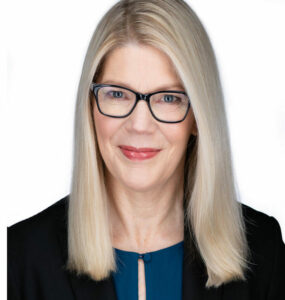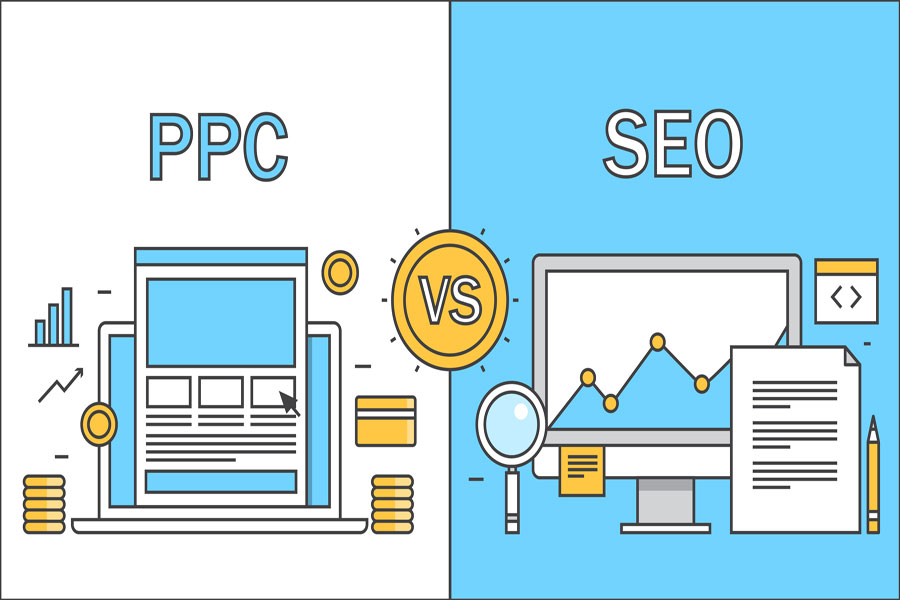Your home care company needs more business.
Should you concentrate on blog copy or online ads?
You have heard of pay-per-click ads, but you do not know how they work.
And you know older adults and their caregivers will benefit from reading your blog articles. But you are not sure a blog will bring leads to your company.
Read on to find out the lasting impact home care content not ads has to your bottom line.
In This Article
What is SEO and PPC?
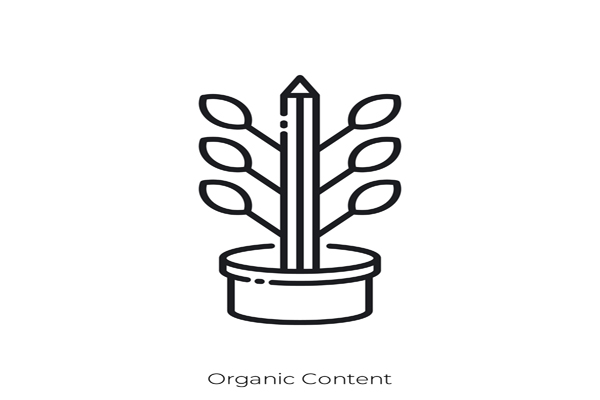
Google Search and Microsoft Bing help older adults and their caregivers find your company website and blog content online. This is known as search engine optimization (SEO).
Your prospects type words and phrases into search engines to locate senior care information. These words and phrases are keywords.
Organic search increases inquiries to your business naturally when families click on links to your written content in search engines.
Paid search grows your leads through paid ads on search engines.
The dominant player in paid search is pay-per-click advertising (PPC). You bid on keywords against other companies to appear on the top of the page.
The search engine charges your company each time someone clicks on a link to your ad.
Why Home Care Content Not Ads?
1. Prospects Prefer Articles
Demand Metric’s content marketing report shows 70% of people learn about a company through articles rather than an ad.
Leads believe your company cares about their needs when they read your blog articles.
Older adults and their families are searching for answers online. The article gives them the answers they are looking for while the ad does not.
Prospects can be suspicious of ads on the internet. They worry about search engines gathering their data as well as tracking and targeting them with new ads.
Some leads feel they may pick up malware that could damage their computer or phone security and functioning.
2. Organic CTR
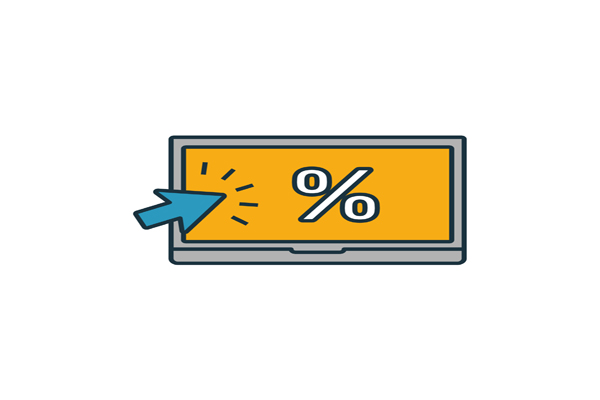
Click-through rate (CTR) is the percentage of leads who click on home care ad or content in a search engine.
A Moz study on Google Search behavior revealed:
- Of mobile users, 40.90% clicked on organic listings and 2% clicked on ads.
- Of desktop users, 62.2% clicked on organic listings and 2.8% clicked on ads.
Organic content has 20X more potential to build your leads and referrals than pay-per-click.
3. Ad Targeting Restrictions
Google and Microsoft Bing no longer allow you to target housing ads by age or zip code. This includes all senior living such as independent living, assisted living, memory care and nursing homes.
Your ads now need to appeal to both adult children and older adults who type keywords into search engine.
You can mention cities and ages on your website content and meta title and description links.
4. Increasing CPC
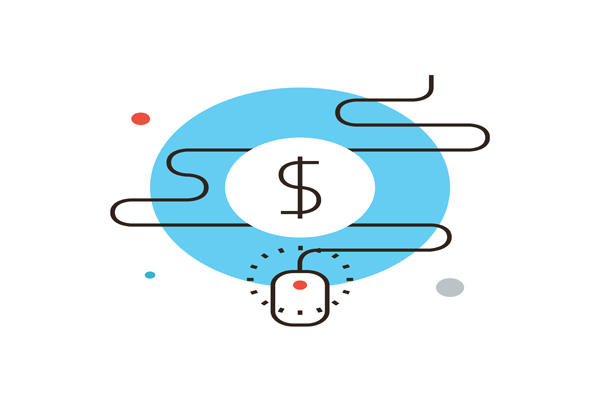
As more home care companies compete for business online, the cost-per-click (CPC) for keyword phrases continues to climb.
CPC is the amount your company pays search engines each time someone clicks on your ad.
Your cost-per-click bid range is based on your ad’s quality score.
Search engines score your ad for quality and performance against other advertisers. The lower the score, the higher your cost-per-click will be.
Google Ads is the largest search engine for pay-per-click. The other major search engine for paid search is Microsoft Advertising.
Microsoft Bing is an important search engine if you are going to run ads for your home care business. This is because older adults aged 65+ use Yahoo, which is part of Bing search engine.
Also, caregivers aged 45-64 use Bing search engine because it’s loaded on their computers.
You will find Microsoft Advertising has less competition for keywords than Google Ads.
5. PPC Ad Fraud
Consider wasted costs when you make buying decisions for home care copy or pay-per-click (PPC) ads.
PPC ad fraud stems from bots, fraudsters and competitors clicking on your ad.
These clicks can exhaust your daily ad budget early in the day. Then your ad will not show on the search engine for the rest of the day.
So your company loses money and leads.
Also, your ads have experienced fraud if repeated clicks happen from the same internet protocol (IP) address.
Finally, more advanced fraud comes from different IP addresses using a virtual private network (VPN).
Search engines offer some protection against pay-per-click ad fraud. You can also pay monthly for click fraud software from other companies.
6. Content for the Long Term
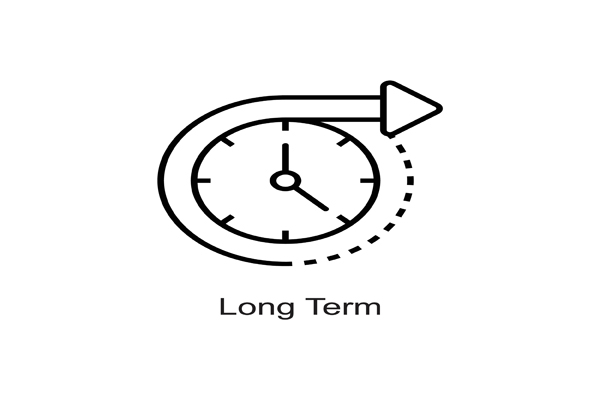
To increase your number of prospects for the long term, concentrate on senior care copy over ads. It takes time to see your content visible in search engines using SEO, but unlike PPC, it has lasting results.
With organic content, you improve the credibility of your website and company.
Search engines will determine that your blog articles are supportive of older adults and their caregivers. Google and Microsoft Bing may place quality content higher on their search result pages.
Include articles and how-to guides on your website that each cover a broad topic completely.
These articles will continue to grow your search engine presence, resulting in more clients.
Conclusion: Home Care Writing Over Ads
Pay-per-click advertising (PPC) is the largest part of paid search. You pay search engines every time someone clicks on your ad.
Your leads only increase while you are paying for PPC advertising.
For the long haul, your business needs to focus on home care articles instead of ads.
Search engine optimization (SEO) helps your leads find your blog articles when they search for certain words online.
Older adults and families will trust your company when you write content they find helpful.
Prospects will click on your blog post links in search engines more than on your ad.
Build clients over time with articles and guides on your website blog.
Remember this: pay-per-click ads for temporary growth and search engine optimization for permanent growth.
Keep reading: Complete Guide to Home Care Blog Marketing
